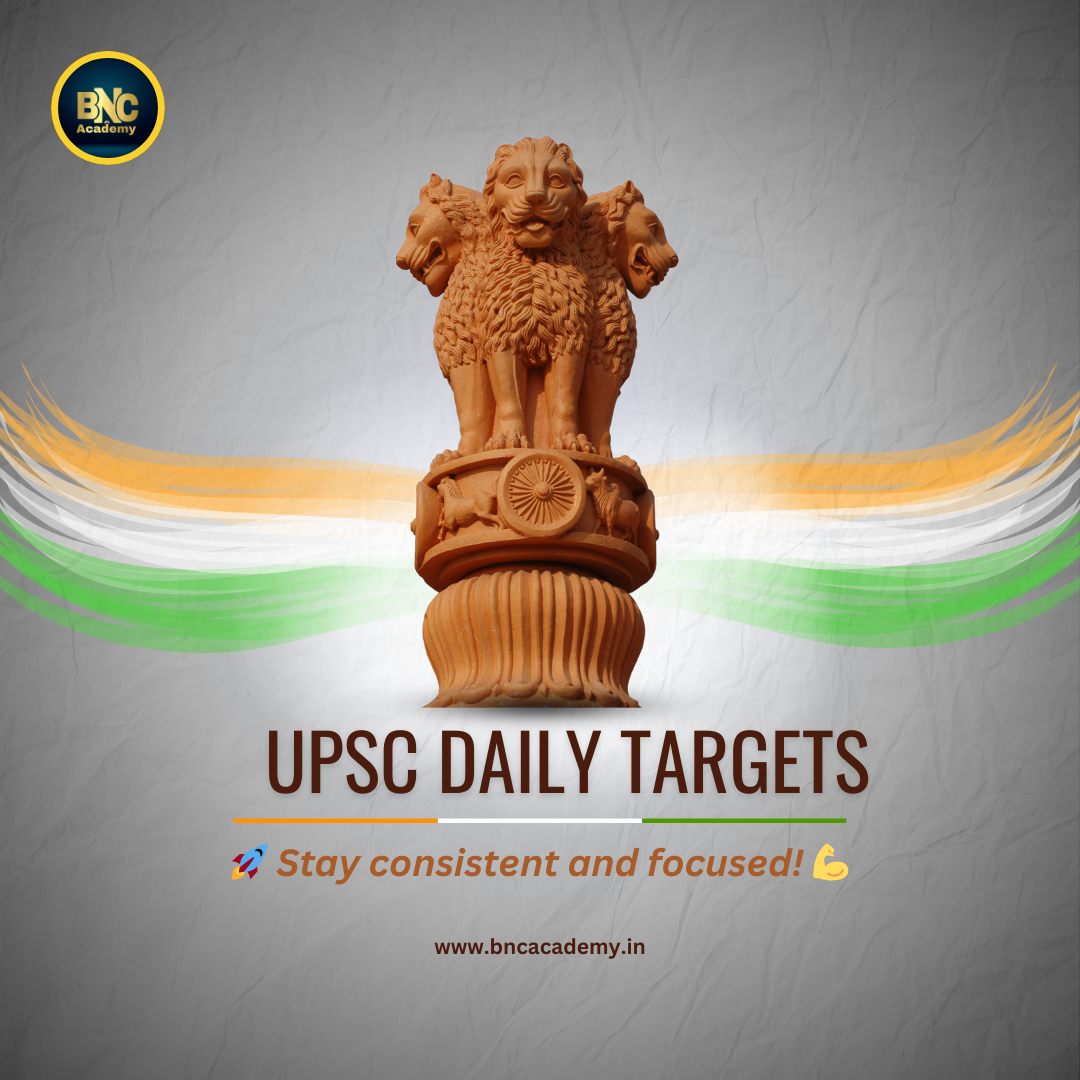
📌 Goal of Day 5
- Understand the Judiciary system in India (Supreme Court, High Courts, and Subordinate Courts).
- Learn about important Constitutional Bodies like the Election Commission, CAG, UPSC, Finance Commission, etc.
- Solve 50 MCQs on Polity.
- Read current affairs related to Judiciary and Constitutional Bodies.
🔹 Step-by-Step Guide for Day 5
📖 1. Judiciary of India (3 Hours)
📌 Topics to Cover:
- Structure of Judiciary: Supreme Court, High Courts, District Courts.
- Appointment & Removal of Judges (Articles 124-147 for SC, 214-231 for HC).
- Powers of Supreme Court (Original, Appellate, Advisory Jurisdiction).
- Judicial Review & Judicial Activism.
- Public Interest Litigation (PIL) – Importance & Landmark Cases.
🔹 Suggested Study Material:
📘 NCERT Class 11: Indian Constitution at Work – Chapters on Judiciary.
📘 Laxmikanth’s Indian Polity – Chapter on Judiciary.
📘 PRS India (https://prsindia.org/) – Reports on Judicial Reforms.
🔹 Video Resources:
▶️ Judiciary System of India – Watch here
▶️ Judicial Review & Activism Explained (Unacademy) – Watch here
✅ Task:
✔️ Read about Judiciary & Supreme Court.
✔️ Take handwritten notes on powers, appointments, and removal of judges.
✔️ Attempt 10 MCQs on Judiciary.
📖 2. Important Constitutional Bodies (2 Hours)
📌 Topics to Cover:
- Election Commission of India (ECI) (Article 324-329) – Functions & Powers.
- Comptroller and Auditor General (CAG) (Article 148-151) – Financial watchdog.
- Union Public Service Commission (UPSC) (Article 315-323).
- Finance Commission (FC) (Article 280).
🔹 Suggested Study Material:
📘 Laxmikanth’s Indian Polity – Chapters on Constitutional Bodies.
📘 NCERT Class 11: Indian Constitution at Work – Read about independent institutions.
📘 Election Commission Website – Visit Here
🔹 Video Resources:
▶️ Election Commission of India Explained – Watch here
▶️ CAG of India Powers & Functions – Watch here
✅ Task:
✔️ Read and make notes on key functions of each Constitutional Body.
✔️ Attempt 10 MCQs on Constitutional Bodies.
📖 3. Current Affairs (1 Hour)
- Read The Hindu or Indian Express (Editorials on Judicial Reforms).
- Check PIB (Press Information Bureau) for updates on Judiciary & Election Commission.
- Read monthly Vision IAS or Insights IAS Current Affairs Compilation.
✅ Task:
✔️ Identify 2-3 important news items related to Judiciary & Constitutional Bodies.
✔️ Write a 1-page summary in your own words.
📖 4. MCQ Practice & PYQs (1 Hour)
- Solve 30 MCQs from Previous Year Questions (PYQs) on Judiciary & Constitutional Bodies.
- Analyze mistakes and note tricky concepts.
📘 UPSC PYQs Book (Polity Section) – Refer to Vision IAS or Vajiram & Ravi PYQ Compilation.
🔹 Backlog Management (If Any)
If you have missed any previous topics (Days 1-4), use 1 hour extra in the night for backlog completion.
✔️ Priority: Fundamental Rights & DPSPs from Day 3 & 4.
✔️ Plan: Read from Laxmikanth + Watch Revision Video + Solve 10 MCQs.
🔹 Moral Strength & Motivation
Dear Aspirant,
You are on Day 5, and that means you have already taken the first step towards your dream. 🌟 The beginning is always the hardest, but every single effort you put in today will make your tomorrow stronger.
💪 Keep reminding yourself:
✔️ You have the potential to clear this exam in one go.
✔️ Every small step takes you closer to your goal.
✔️ Consistency is more important than intensity. Even if today feels tough, just keep moving forward.
Remember, UPSC is not just about knowledge; it is about discipline, patience, and strategy. Stick to the plan, believe in yourself, and crack it like a warrior! 🚀🔥
“The journey of a thousand miles begins with a single step.”
Lao Tzu
Let’s ace this together! 🚀💯
